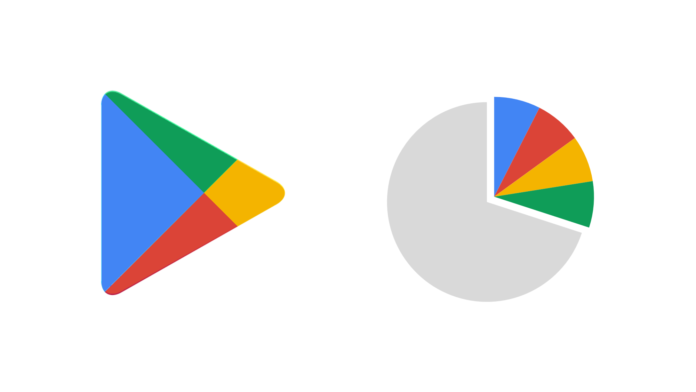With Epic leading the charge against Apple and Google’s app store billing practices it seems that Google has chosen this moment to start enforcing its rules around the use of Google Play billing for In App Purchases (IAP). Google has updated its Google Play payments policy informing developers they have until September 30, 2021 to integrate Google Play Billing for IAP or face removal from the Play Store.
Unlike the App Store, Google Play has not enforced developer using Google as their payment providers for IAP outside of games. That means that services like Spotify have been able to utilise Google Play for distribution but not actually pay any revenue to Google for the use of the store. Now, app store commissions are a hotly contested subject, those who run app stores say the fees cover their costs for providing the platform, those who make apps say it’s rent seeking.
It’s hard to argue that developers should be provided access to a free development platform, development tools, Content Delivery Network, market place and over a billion user devices for free. Many would also argue it’s a bit much for these platforms to take 30% of the revenue that app developers make for a system operating at this scale.
Google is quick to point out that only 3% of its current developers are running afoul of the new rules and that this represents a small portion of their developer community. However, this doesn’t acknowledge that there are likely a very large proportion of their developers are publishing apps that do not use IAP and as such aren’t affected by this in any way, this includes free, paid upfront and ad-supported apps.
With the legal battle currently underway between Google and Epic in the USA this is a story that’s unlikely to go away. Here’s the question, what is the value of a mobile app marketplace? When a company develops a platform, releases free developer tools, provides app and security reviews (to varying degrees), curates a user base and offers a market place does that company not have the right to monetise its own investment? Myer, Big W or Amazon doesn’t sell other peoples products for free? Why should Google and Apple.
What do you think the correct surcharge is for these companies? Should they look at a sliding scale where those who make less pay less, while those profiting off the platform pay more?




